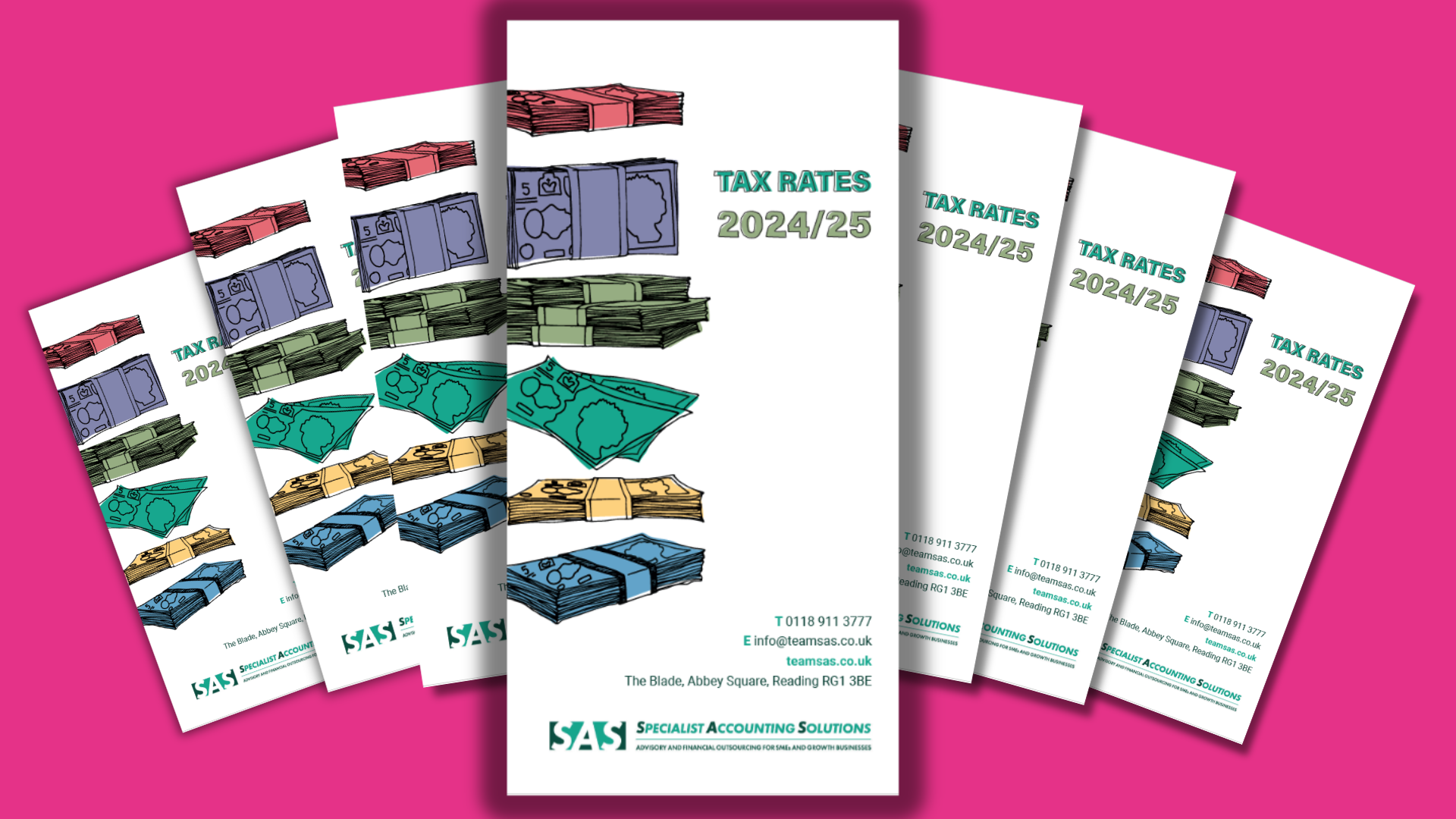Debt versus Equity
There are fundamental differences between debt and equity funding.*
Depending on the funding requirements of the business (e.g. capital expenditure, loan refinancing) and the company’s strategy (e.g. growth strategy, MBO) a preferred funding source can often be established.
Debt Funding
- Debt finance typically results in capital and interest repayments over an agreed term.

- Debt is normally cheaper than equity, because:
– interest repayments are likely to be cheaper than sacrificing a percentage of company profits by way for a dividend. This is because equity investors typically require a greater rate of return (known as the “equity risk premium”), as they perceive their investment to be riskier than debt (the higher the risk, the higher the required return).
– loan interest payments are tax deductible, whereas dividends are paid from profits after tax. This is also known as the “tax shield”.
- Debt is “senior” to equity in a firm’s capital structure. This means the debt funder typically gets paid before the shareholders in an insolvency event.
- Debt is often secured against the company’s assets. This is usually done using a fixed and floating charge and a debenture.
- The lender (the debenture holder) has the right to appoint an administrator to take control of the company if it defaults on the loan. The threat of appointing an administrator can often be enough to make a company repay or agree terms to repay the debt.
- A downside of debt finance, is that the company must meet its repayments, otherwise the lender will step in.
- Lenders monitor the business using financial covenants (think financial hurdles) and can take action if these are breached.
By contrast equity funding offers more flexibility.
Equity Funding
- It’s important to remember that equity funders will become shareholders in the business and can therefore potentially be much more involved in the decisions being taken by the company’s existing owners/management team.
- The incumbent shareholders need to give up a “slice of their pie” in their business and therefore reduce their level of ownership in the business to allow other equity investors to participate.
- The level of investment (the amount of funding secured) is highly dependent on the amount of equity (how big is the slice of pie?) sold to the investor and the company’s valuation (how much does each slide cost?).
- Equity funding is unsecured, so the company does not have the provide its assets as a security.
- The company directors (let’s assume they also typically own the business) don’t have to provide the personal guarantee (PG) and potentially put their home on the line.
- The equity funders have the right to receive dividends, however these can only be paid if there are enough distributable profits. So the company only pays the shareholders if it makes money, in contrast to debt funding, where typically capital and interest repayments need to be made, even if the performance of the business declines. In other words, the company has to make money, for the shareholder to receive any dividends.
- Shareholders can also generate returns if all or part of their shares are sold when the business is sold or receives further investment from a third party.
We trust you found this information useful. If you need more support or advise on these points or to discuss other business needs get in touch.
*For illustrative purposes and to draw out the contrast between these two funding options, the explanations make several generalisations and we advise checking the detail of any funding offer (debt or equity) to fully understand the implications thereof.
Disclaimer: The information contained in this website is for general information purposes only. The information is provided by Specialist Accounting Solutions Ltd and while we endeavour to keep the information up to date and correct, we make no representations or warranties of any kind, express or implied, about the completeness, accuracy, reliability, suitability or availability with respect to the website or the information on the website for any purpose. Any reliance you place on such information is therefore strictly at your own risk.







